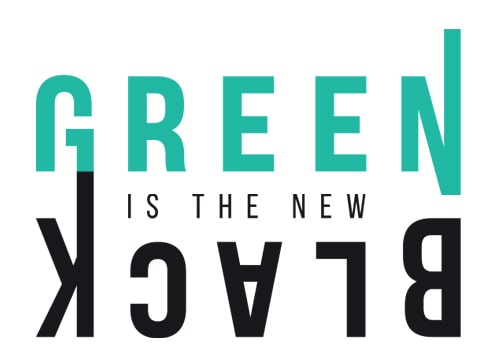
As consumers and citizens we have a lot more power to influence businesses, governments, and society than you may initially think. Our individual actions really do add up to force fundamental systemic change. Now is the time to use our voices, our money, and our votes to create positive change.

